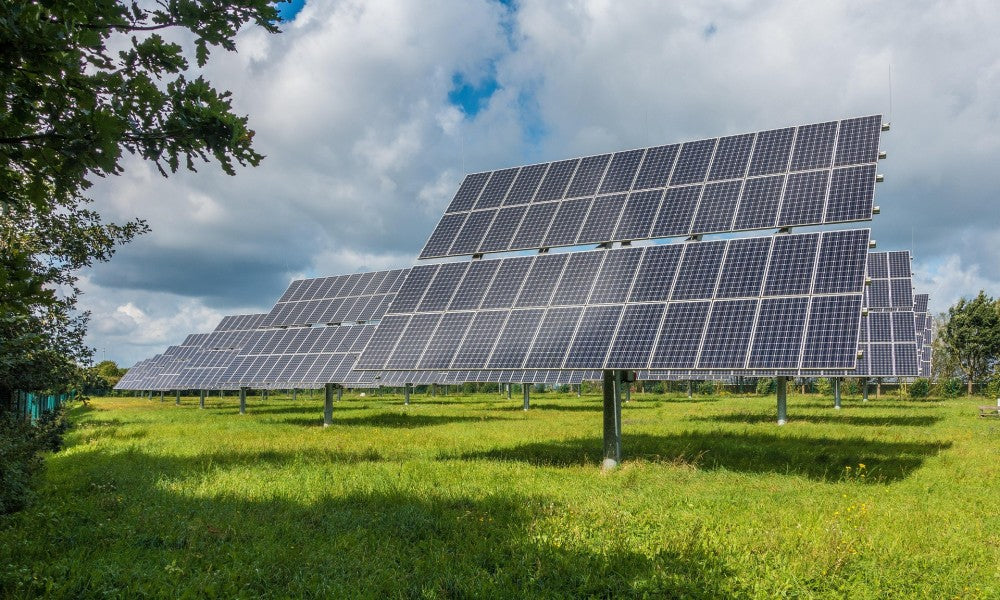Agricultural businesses are increasingly under pressure: Rising energy costs, fluctuating or expiring feed-in tariffs, and the desire for greater sustainability are driving the industry. An innovative solution is gaining increasing importance: intelligent energy storage systems that are perfectly combined with photovoltaic systems.
Energy independence for modern agriculture
Investing in photovoltaics lays the foundation for climate-friendly energy production. But what happens when feeding into the grid is no longer profitable? A high-performance energy storage system makes it possible to store excess solar power and use it exactly when it's needed—for example, for milking robots, ventilation systems, or charging infrastructure on the farm.
This makes the company more independent from the public power grid and effectively protects itself from rising energy prices.
Efficiency meets sustainability
The intelligent combination of photovoltaics and a storage system creates a sustainable energy concept: Solar power is generated and stored during the day and used at night or during inclement weather. This not only lowers operating costs but also reduces the carbon footprint – a real competitive advantage for agricultural businesses, which are increasingly under public scrutiny.
Scalable solutions for every company size
Whether a small family business or a large enterprise, modern storage solutions can be flexibly adapted. Modular systems offer farmers the opportunity to tailor their energy storage precisely to their specific energy needs and easily expand it as demand grows. This ensures that the business remains flexible and secure in its investment for the future.
The next step towards a green future
Photovoltaics and smart storage are no longer a thing of the future; they are already a reality on many farms. They make an important contribution to the energy transition in agriculture and demonstrate that ecology and economy can go hand in hand.
Companies that now rely on sustainable energy concepts not only secure economic advantages but also assume responsibility for future generations.

